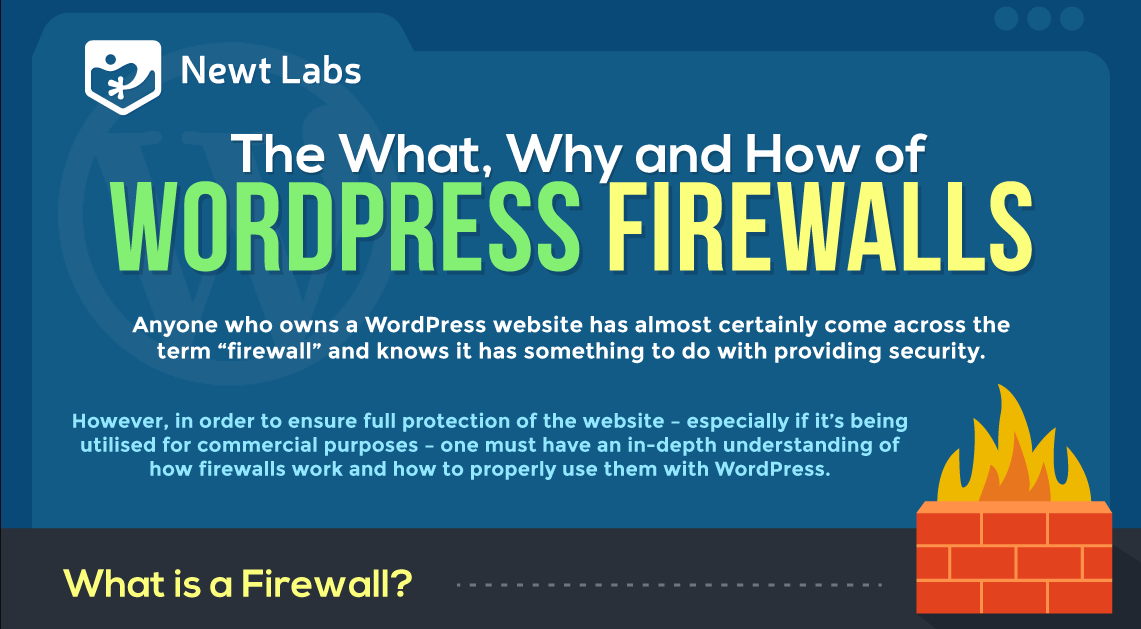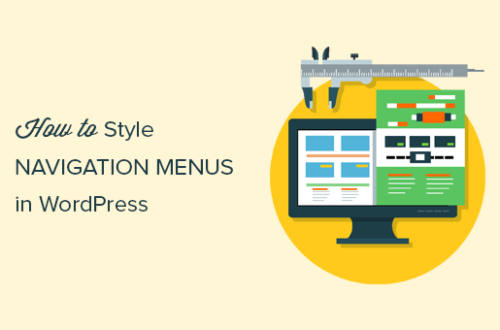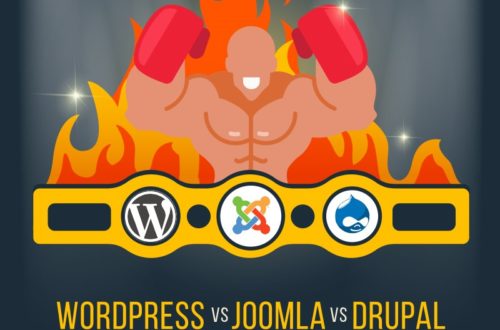
The What, Why and How of WordPress Firewalls
WordPress is perhaps one of the most recognizable and popular free website providers in the online community, and for good reason. It’s easy-to-use, has a lot of potential and flexibility which doesn’t limit users to be part of a particular industry before using, and is a stable platform that can work with virtually any hosting service.
Despite this, 73% of WordPress sites are vulnerable to falling victims to various cyber-crimes such as hacking and information theft. This is highly alarming if you consider how cyber-criminals do not have any problems targeting and infiltrating databases which are expected to be hard to crack. They do not differentiate between a large corporation and a small business, or even an individual – information is valuable, and they know this.
The dangers of the digital realm are nothing short of new in this age. There are always reports of people being compromised online, whether in the form of stolen personal data unwittingly entered in what seemed like a legitimate website at the time, being baited into scams by entities disguising themselves as trustworthy people, cyber-extortion, unwarranted surveillance (such as in the case of laptop webcams being used unknowingly by the owners as a tool against their privacy), and corporations whose confidential files pertaining to their processes, customer/clientele base, employees, etc. are being stolen and sold off or being used as blackmail.
This doesn’t mean that your website has to stay vulnerable against cyber-attacks that can compromise not only you but your business as well. At the forefront of WordPress protection is the WordPress firewall, which can deliver more than just protect your website against potential cyber-attacks. Learn more about WordPress firewalls with this info-graphic by Newt Labs.





